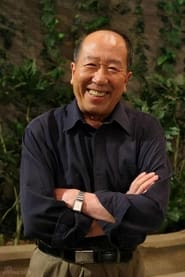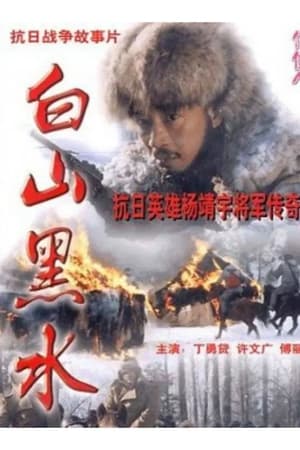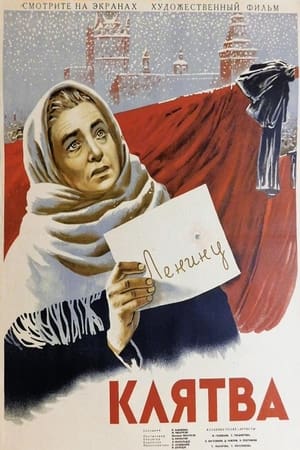
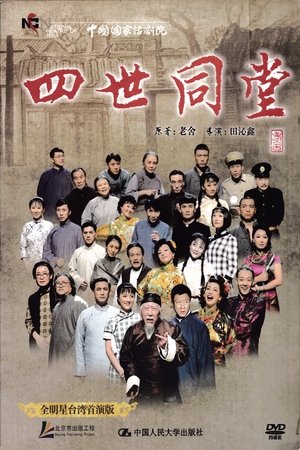
四世同堂 全明星台湾首演版(2010)

Movie: 四世同堂 全明星台湾首演版
Top 7 Billed Cast
Similar Movies
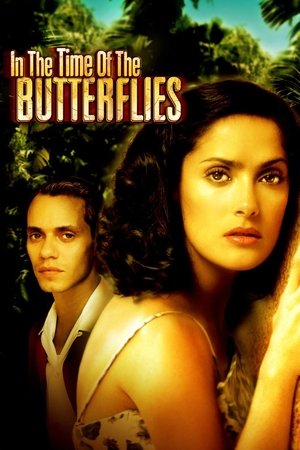 6.3
6.3In the Time of the Butterflies(en)
Based on the book by Julia Alvarez. Three sisters become activists during the Dominican Republic's Trujillo regime when members of their family are killed by the government's troops.
 7.1
7.1Capitalism: A Love Story(en)
Michael Moore comes home to the issue he's been examining throughout his career: the disastrous impact of corporate dominance on the everyday lives of Americans (and by default, the rest of the world).
Spy of Napoleon(en)
Exiled French patriot helps to find the men who want to betray emperor Napoleon III by selling military secrets to the German government.
 5.0
5.0Francisco Boix: A Photographer in Hell(es)
In 1939, just finished the Spanish Civil War, Spanish republican photographer Francesc Boix escapes from Spain; but is captured by the Nazis in 1940 and imprisoned in the Mauthausen concentration camp, in Austria, a year later. There, he works as a prisoner in the SS Photographic Service, hiding, between 1943 and 1945, around 20,000 negatives that later will be presented as evidence during several trials conducted against Nazi war criminals after World War II.
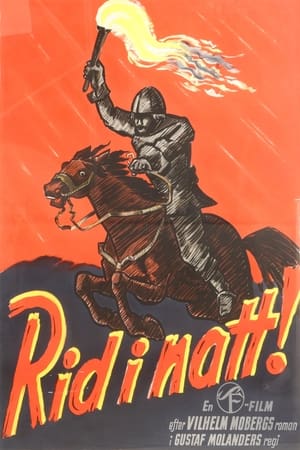 5.4
5.4Ride Tonight!(sv)
In the south of Sweden, some farmers get into trouble when the German Count is forcing them to perform day labor for him. But a man refuses to bow to the German Count.
 0.0
0.01821 at the Cinema(el)
In 1821, in Cinema, he records the cinematic representations of the Revolution from the first decades of the 20th century. until the present day. Despite the fact that the Revolution of 1821 constitutes the founding act of the modern Greek state, as a subject matter it is underrepresented in national film production. This is one of the points on which the research looks, which simultaneously examines the periods of concentration of films on the subject of the Revolution or, respectively, the periods of its collective silence. The purpose of the documentary is to study the ideological discourse and the cinematic language of the films with the theme of 1821, in order to highlight the function of the cinema as a carrier of Public History and as a factor in shaping the collective historical consciousness.
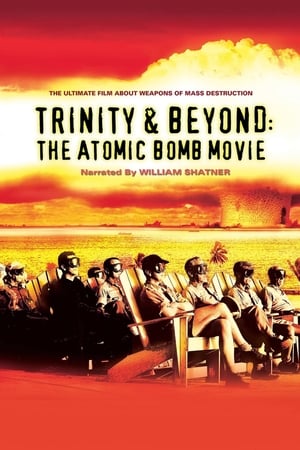 7.2
7.2Trinity and Beyond: The Atomic Bomb Movie(en)
"Trinity and Beyond" is an unsettling yet visually fascinating documentary presenting the history of nuclear weapons development and testing between 1945-1963. Narrated by William Shatner and featuring an original score performed by the Moscow Symphony Orchestra, this award-winning documentary reveals previously unreleased and classified government footage from several countries.
 6.9
6.9Lady Jane(en)
The death of King Henry VIII throws his kingdom into chaos because of succession disputes. His weak son, Edward, is on his deathbed. Anxious to keep England true to the Reformation, a scheming minister John Dudley marries off his son, Guildford to Lady Jane Grey, whom he places on the throne after Edward dies. At first hostile to each other, Guildford and Jane fall in love, but they cannot withstand the course of power which will lead to their ultimate downfall.
 5.8
5.8The Abduction Club(en)
A group of Irish noblemen kidnap girls in order to marry into their fortune and avoid becoming priests or soldiers.
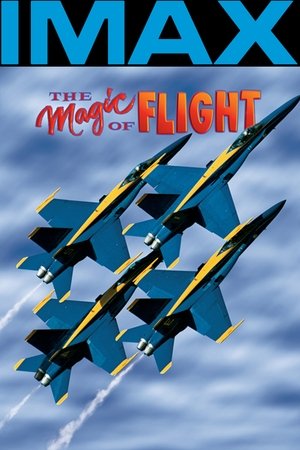 6.7
6.7The Magic of Flight(en)
Take a technological thrill ride The Magic of Flight takes you on a technological thrill ride faster, higher and wider than modern science or even your imagination! Relive the first flight of the Wright Brothers, then soar with the Blue Angels as they defy the laws of gravity. Narrated by Tom Selleck.
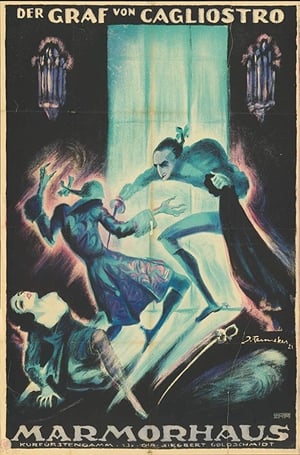 0.0
0.0The Count of Cagliostro(de)
About a lurid tale of magic and secret societies during the reign of Luis XVI, focused on the figure of the Italian occultist Giuseppe Balsamo, known under his alias of Count Alessandro di Cagliostro.
 6.5
6.5Bauhaus 100(en)
In 1919 an art school opened in Germany that would change the world forever. It was called the Bauhaus. A century later, its radical thinking still shapes our lives today. Bauhaus 100 is the story of Walter Gropius, architect and founder of the Bauhaus, and the teachers and students he gathered to form this influential school. Traumatised by his experiences during the Great War, and determined that technology should never again be used for destruction, Gropius decided to reinvent the way art and design were taught. At the Bauhaus, all the disciplines would come together to create the buildings of the future, and define a new way of living in the modern world.
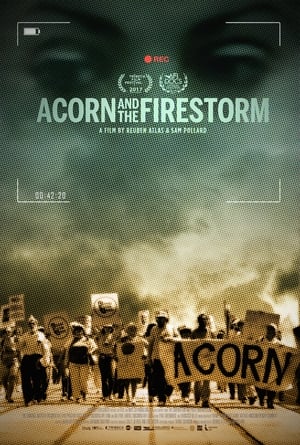 5.0
5.0Acorn and the Firestorm(en)
For 40 years, the community-organizing group ACORN advocated for America’s poorest communities, while its detractors accused it of promoting the worst of liberal policies. Riding high on the momentum of Barack Obama’s presidential victory in 2008, ACORN was at its political zenith when a hidden-camera video sparked a national scandal and brought it crashing down. The story involves voter fraud, a fake prostitute, and the rise of Breitbart.com.
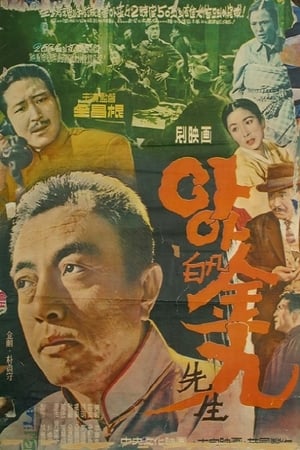 4.0
4.0Ah! Baekbeom Kim Ku(ko)
Kim Chang-su, who participated in the Donghak Movement, escapes to Manchuria after being chased by the Japanese army, finally making his way home. Angered by the assassination of Empress Myeong-seong, he murders a Japanese lieutenant and is sent to jail. He escapes from prison turns his focus on the democratic movement by teaching civilians and organizing Sinminheo (a democratic organization), even changing his name to 'Kim Gu.' After he is imprisoned again, he gets out on parole and goes to China, where he participates in establishing a provisional government from which he can direct the anti-Japanese struggle. Kim Gu goes on to play a part in Yun Bong-gil's deeds in Shanghai, the events at Hongkou Park, the encounter with Jiang Jish, and the establishment of the Korean National Army, and leads the struggle for Korea's independence with warm fraternal love and clear national spirit. When Korea is liberated in August 15, 1945, he returns back to his native land.
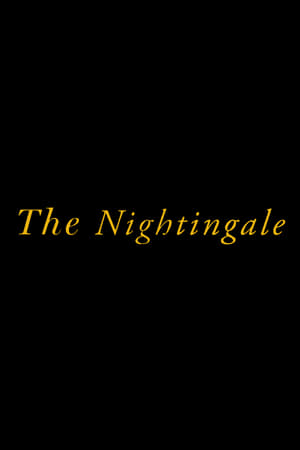 0.0
0.0The Nightingale(en)
The lives of two French sisters are torn apart by the onset of World War II.
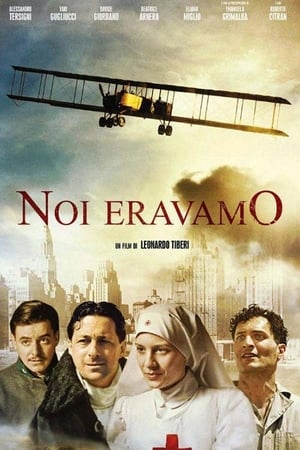 0.0
0.0Unsung Heroes(it)
At the beginning of the First World War, many Italian emigrants, especially in South America, felt that Italy was in the throes of falling into the hands of the Austro-Hungarian empire. When King Vittorio Emanuele II decides to wage war on this empire, these emigrants, forced to leave Italy years before, join the army. Among them, the future mayor of New York Fiorello La Guardia. He is the Virgil of this unknown history.
 0.0
0.0First Warrior(en)
Australia was colonized in the late 1700s. Pemulwuy, a man of the Bidjigal tribes — from the region that is today modern-day Sydney — led a 12-year resistance against British settlers moving into his people’s traditional lands.





